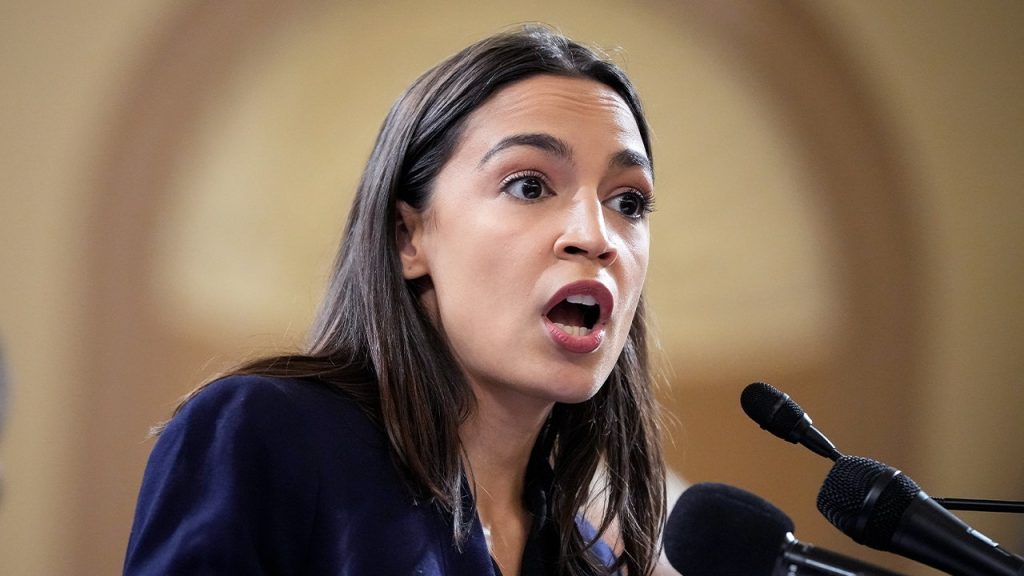Rep. Alexandria Ocasio-Cortez came under scrutiny for falsely claiming that 50,000 attendees at a colonial elections festival in Puerto Rico were rallying for the “anti-Trump, anti-corruption Alianza movement.” Critics accused her of lying and misrepresenting the event, which was actually organized by anti-colonial parties Movimiento Victoria Ciudadana and Partido Independentista Puertorriqueño. AOC received backlash on social media for her post, which was labeled with a community note calling out the misinformation.
In response to the criticism, AOC attempted to clarify her remarks in a follow-up post, emphasizing that the event was about anti-corruption Alianza and not specific to any particular political party. However, users continued to criticize her post, which garnered millions of views. Billionaire Elon Musk, who owns the platform on which AOC made her posts, also joined in on the conversation by simply writing “lol.” The exchange highlights the ongoing feud between Musk and AOC on various issues over the past few years.
The feud between AOC and Musk has escalated on social media, with AOC firing back at Musk’s comments about her intelligence. In a previous incident, Musk had remarked that AOC was “not that smart,” prompting AOC to list her accomplishments and achievements as a response. The exchange between the two has sparked further debate and criticism, with each side defending their positions and making personal attacks against one another.
AOC’s use of social media to share her political views and engage in public discourse has drawn both support and criticism from users online. While some have applauded her for being outspoken and advocating for various issues, others have accused her of spreading misinformation and using divisive rhetoric for her own political gain. The controversy surrounding her claims about the Puerto Rico event is just one example of the ongoing debate over her tactics and messaging on social media platforms.
The back-and-forth between AOC and her critics, including Musk, reflects the increasingly polarized nature of public discourse on social media. As political figures engage in heated exchanges and personal attacks online, the focus shifts away from substantive policy discussions and towards personal attacks and character assassinations. The feud between AOC and Musk underscores the challenges of navigating social media as a public figure, where every post and comment can spark controversy and backlash from both supporters and detractors.
In conclusion, the controversy surrounding AOC’s claims about the Puerto Rico event and her subsequent interactions with Musk highlight the complexities and challenges of using social media as a platform for political discourse. As social media continues to play a significant role in shaping public opinion and political debate, public figures must navigate the pitfalls of misinformation, personal attacks, and divisive rhetoric while striving to engage with constituents in a meaningful and constructive way.














